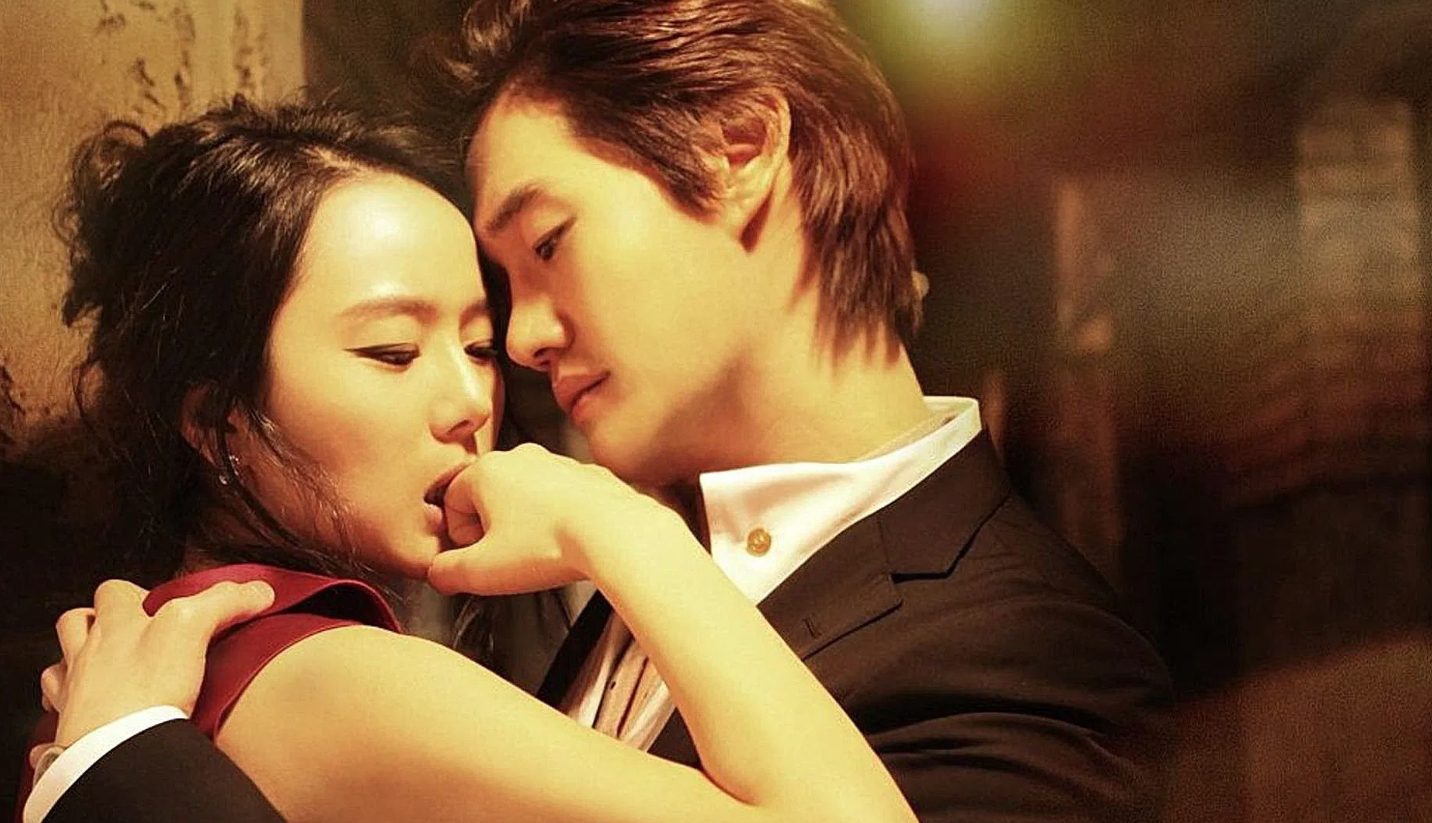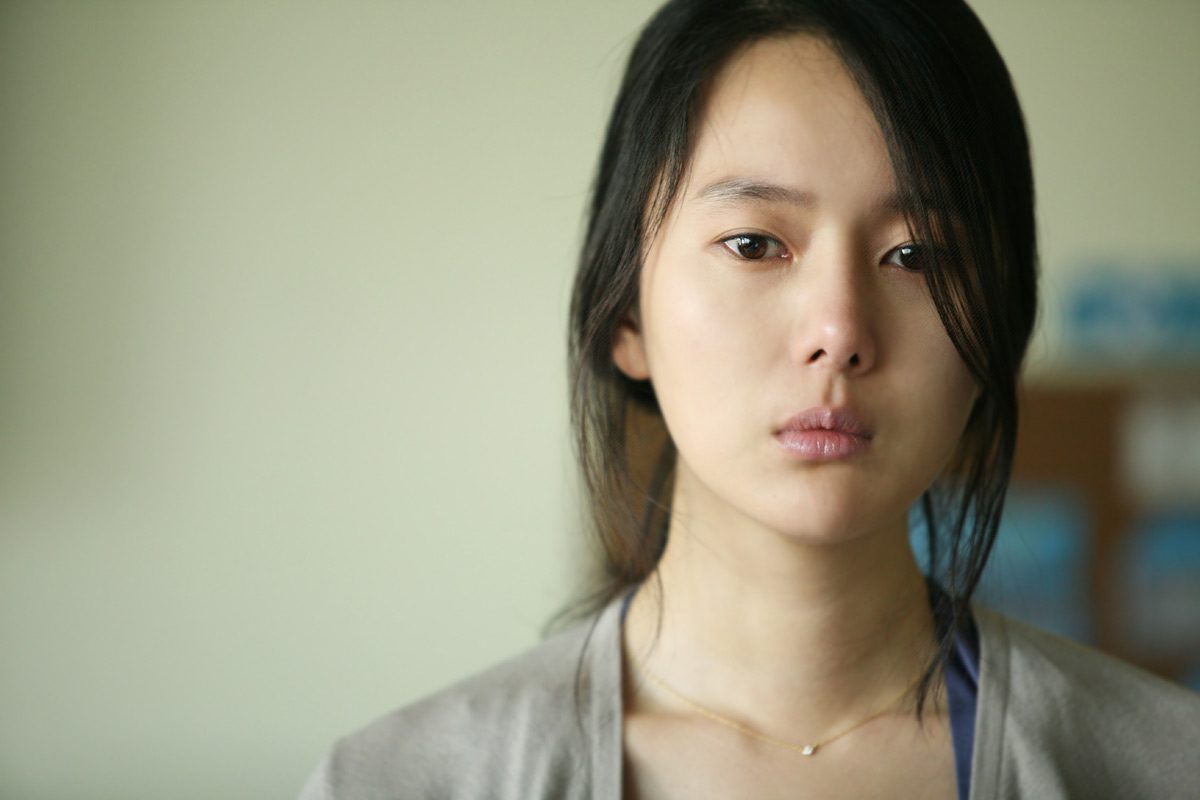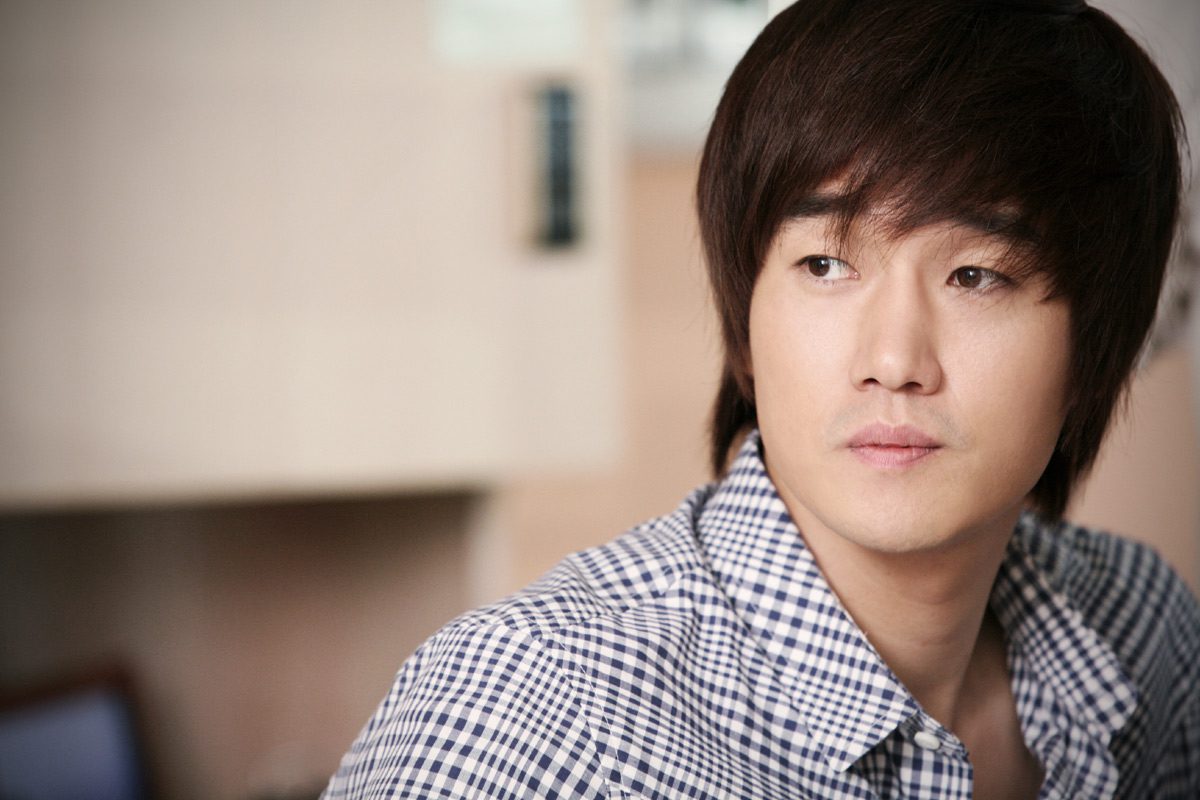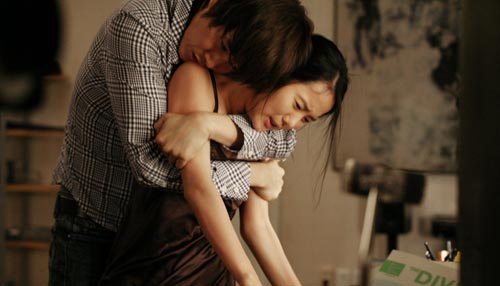In the midst of the overwhelming wave of romantic films from South Korea, the 18+ movie Secret Love (original title: Bimilae) made its debut in 2010 as a bold step forward. Without the glitz of celebrity endorsements or an array of A-list stars, this work still managed to spark extensive discussions among critics and audiences alike, thanks to its intricate love story involving a love triangle, complex relationships, and steamy scenes that imbued a sense of forbidden allure. While the film is not flawless, it offers a compelling experience that delves deep into themes of love, betrayal, and the intertwining of the two, much like a thread woven into a fabric that cannot easily be unraveled.

A Twisted Love Triangle Involving One Girl and Two Identical Twin Brothers
Secret Love follows Yeon Yi (played by Yoon Jin Seo), a woman engaged to Jin Woo (Yoo Ji Tae), her long-time boyfriend. However, Jin Woo meets with an accident and falls into a deep coma. During this period of uncertainty, Yeon Yi encounters Jin Ho – Jin Woo’s identical twin brother, who mirrors his looks but possesses an entirely different personality.
Jin Ho is a free-spirited artist, living a carefree and rebellious life, which quickly captivates Yeon Yi. The two delve into a passionate and dangerous relationship that challenges their moral boundaries, leading them to face the harsh realities of their intertwined lives. The turning point of the drama unfolds when Jin Woo awakens, unaware of the events that transpired during his absence.

The film adds a layer of intrigue as it reveals that Jin Woo and Jin Ho once swapped identities in the past, leading Yeon Yi to question the authenticity of her feelings. From there, the film takes viewers on a rollercoaster of emotional twists, blurring the lines between reality and illusion. Who truly loves whom? Who is the real antagonist? And can love sustain itself amidst the changes and betrayals?
Controversial Themes of the 18+ Film
Upon its release, Secret Love sparked a myriad of polarized opinions, particularly from South Korean audiences who often grapple with themes surrounding extramarital affairs and unconventional relationships. The film became a focal point of controversy not solely due to its explicit content, but also because director Ryu Hoon approached the subject matter with a daring perspective that challenged societal norms.

The intimate scenes between Yeon Yi and Jin Ho are not just lengthy and steamy, but are also filmed with a meticulous eye for detail, evoking both desire and dread. While there are criticisms regarding the lack of depth in character development, the film still manages to elicit a strong emotional response from viewers, particularly when depicting the complex dynamics of the love triangle involving the two twin brothers and Yeon Yi.
In addition, the characters are presented with a somewhat shallow depth: Yeon Yi is portrayed as a passive figure; Jin Ho is constructed as the “bad boy” archetype; while Jin Woo remains the exemplary boyfriend figure. International critics, including those from The Hollywood Reporter and Variety, have noted that the film exploits the themes of unrequited love and emotional turmoil, yet fails to provide a sufficiently nuanced portrayal of its characters.

On the flip side, the film has garnered a segment of viewers who appreciate its bold storytelling approach – not shying away from the complexities of love, nor sugarcoating the characters’ flaws, while also refraining from romanticizing the emotional fallout of their actions.
The conclusion of Secret Love also serves as a contentious point, leaving the audience in a state of ambiguity and heavy symbolism. After the tumultuous climax of the love triangle involving Yeon Yi, Jin Woo, and Jin Ho, the film closes with an image of one surviving twin brother, yet the identity – Jin Woo or Jin Ho – remains unrevealed. Yeon Yi embodies the uncertainty of this character, leaving viewers to grapple with the thin line between reality and fantasy, questioning the nature of love and betrayal. The open-ended conclusion has sparked divisive opinions, as some viewers find it compelling due to its thought-provoking nature, while others are frustrated by its lack of clarity.
Thought-Provoking Questions Raised
Secret Love is not merely an 18+ film that makes a significant mark on the international stage, nor does it represent the pinnacle of South Korean cinema. Nevertheless, the film undeniably leaves a notable imprint by exploring a darker aspect of love – that of transformation, emotional betrayal, and the primal instinct of human survival when feelings are suppressed.

Through Yeon Yi, the director crafts a portrayal of a woman caught between reason and emotion, between an ideal partner and a flawed love, challenging viewers to confront their own feelings of longing and regret in extended relationships.
The film also poses deep philosophical questions: Can love remain pure if it is built on deception and betrayal? And can passion replace love? These inquiries linger in the open atmosphere, resonating throughout the entirety of the narrative.
From a technical standpoint, the film employs bright lighting, cool color tones, and a rich visual style to enhance its emotional resonance and depth. Yoon Jin Seo’s performance is highly praised, as she embodies the nuances of longing, pain, and yearning for a partner, while still conveying a sense of vulnerability.
Secret Love has been screened at several international film festivals and has generated discussions in Asian film circles, though it has not won any major awards. However, for those interested in psychological dramas that explore the nuances of human relationships, this film serves as a compelling choice worth considering.




















